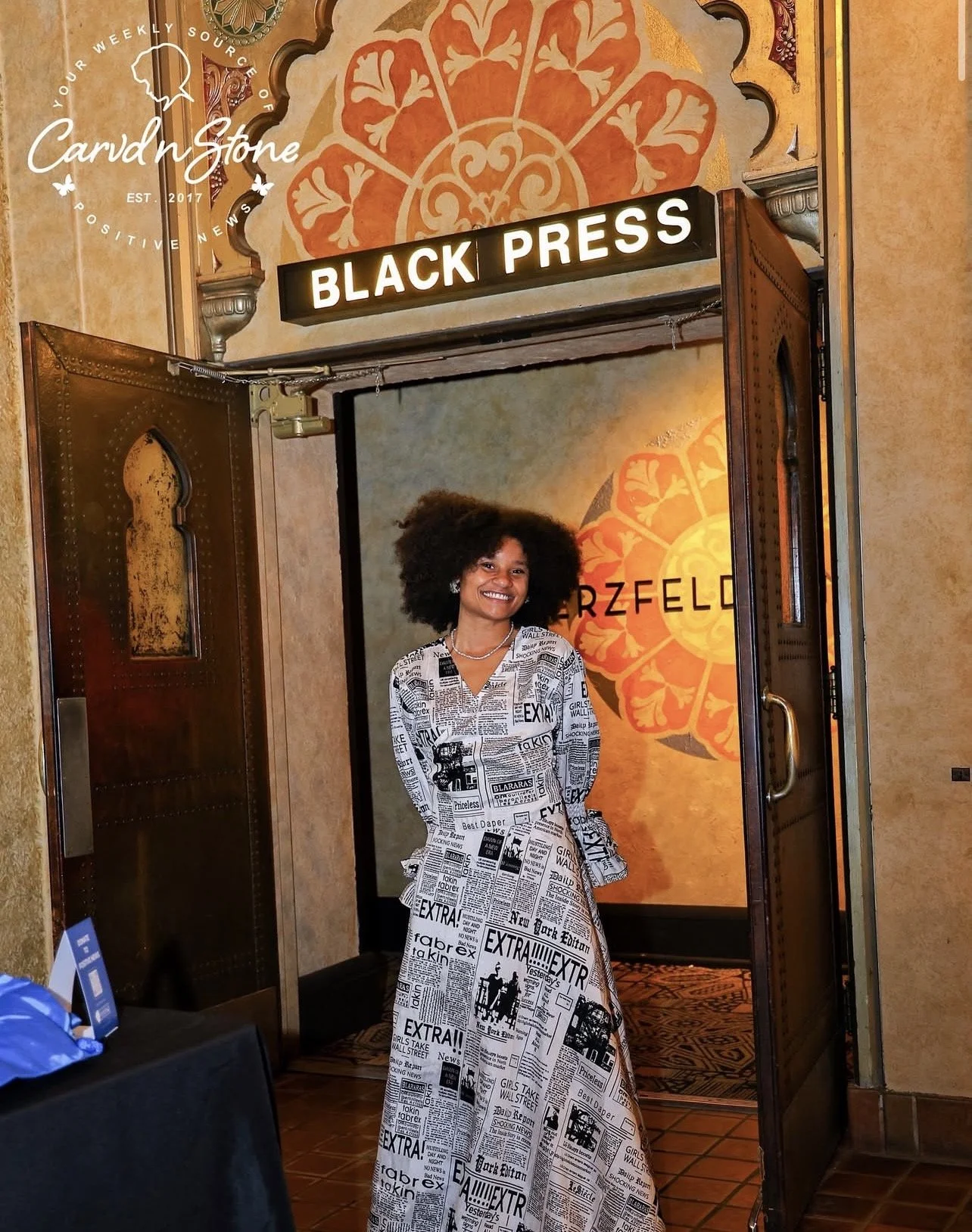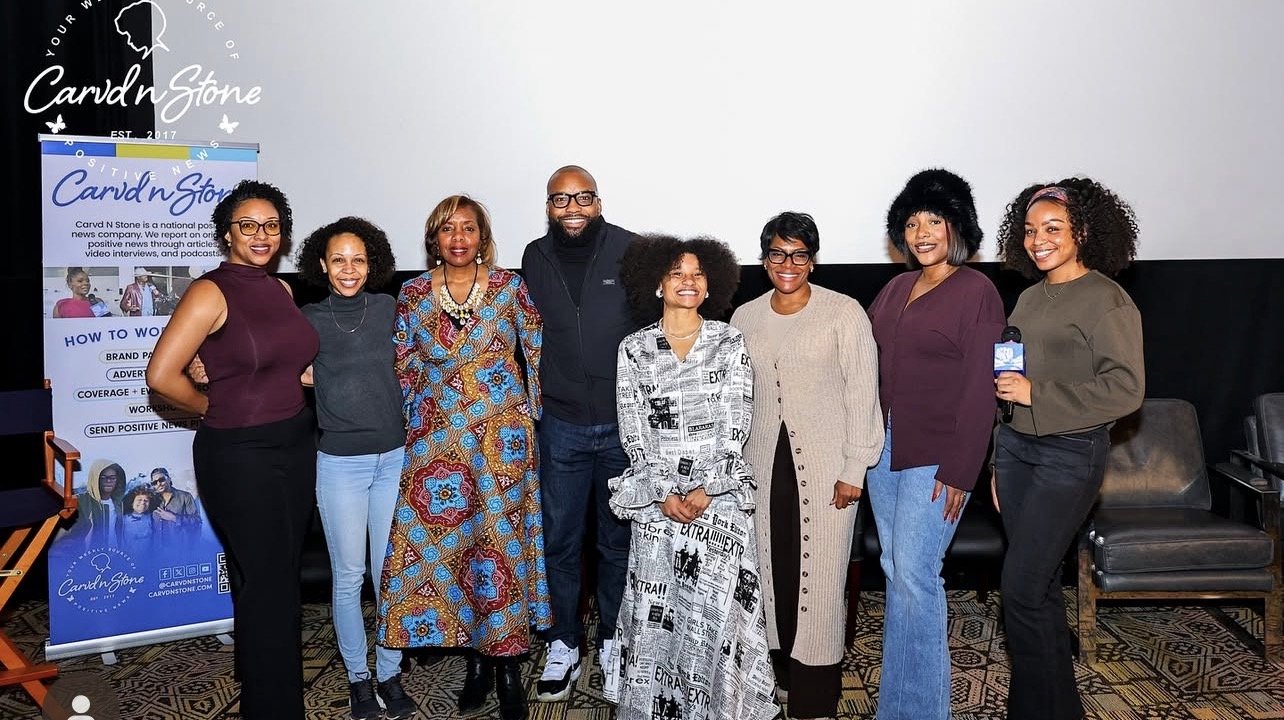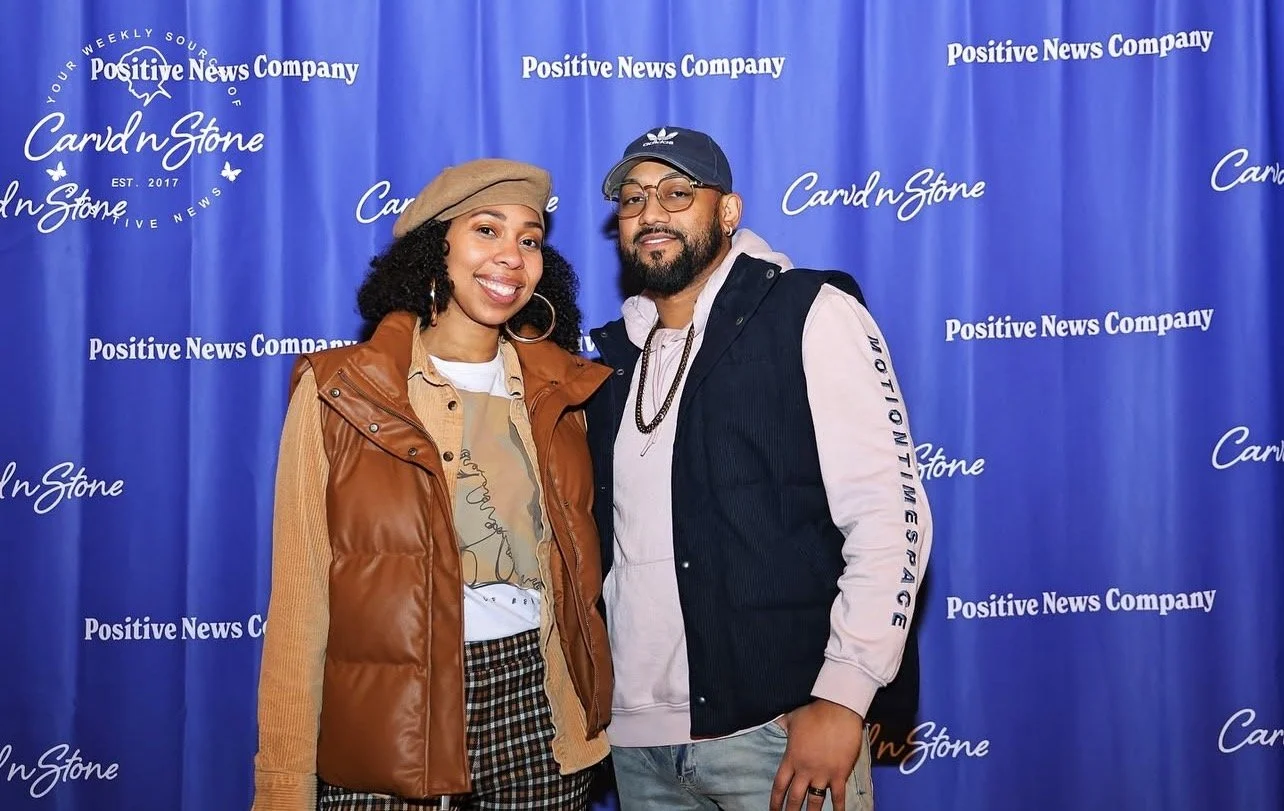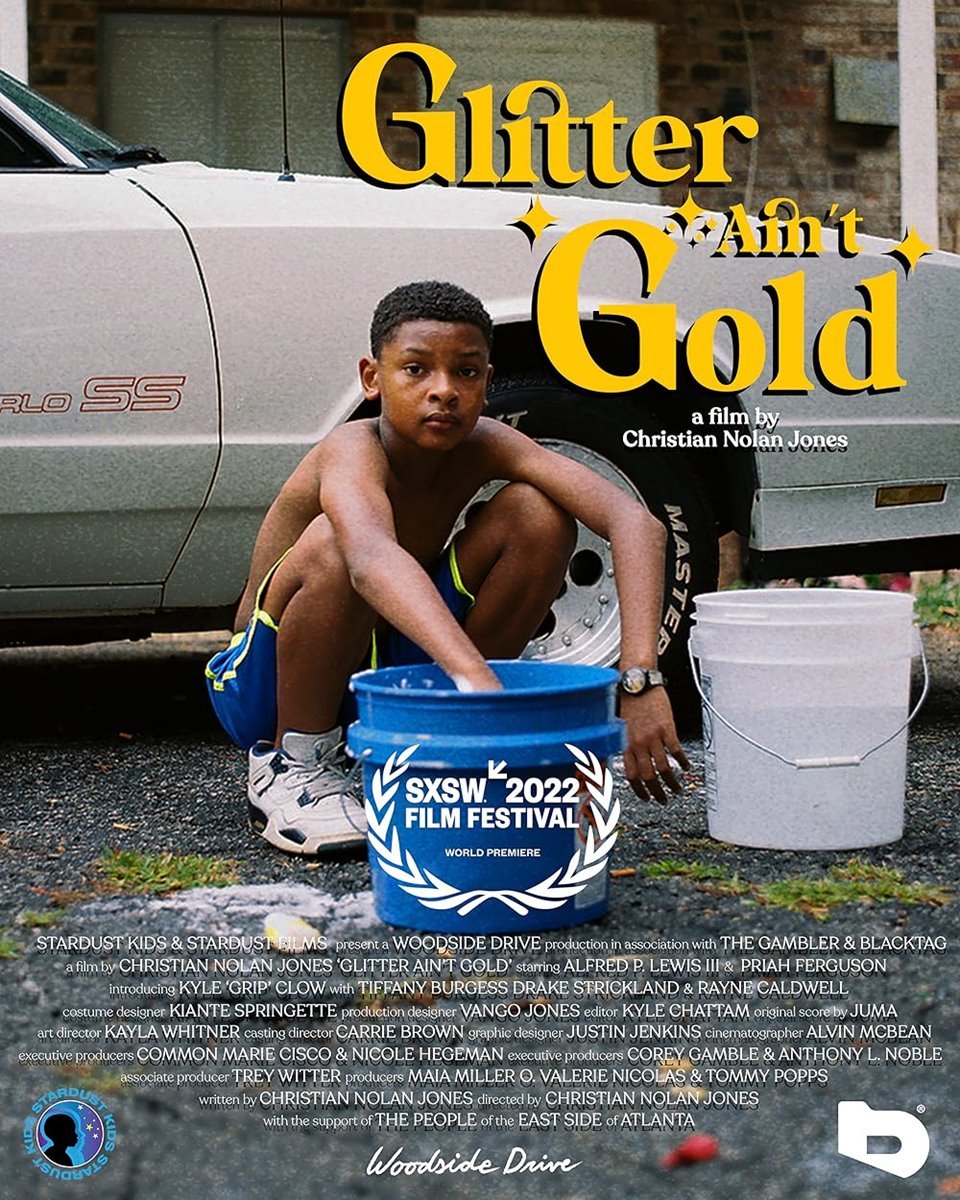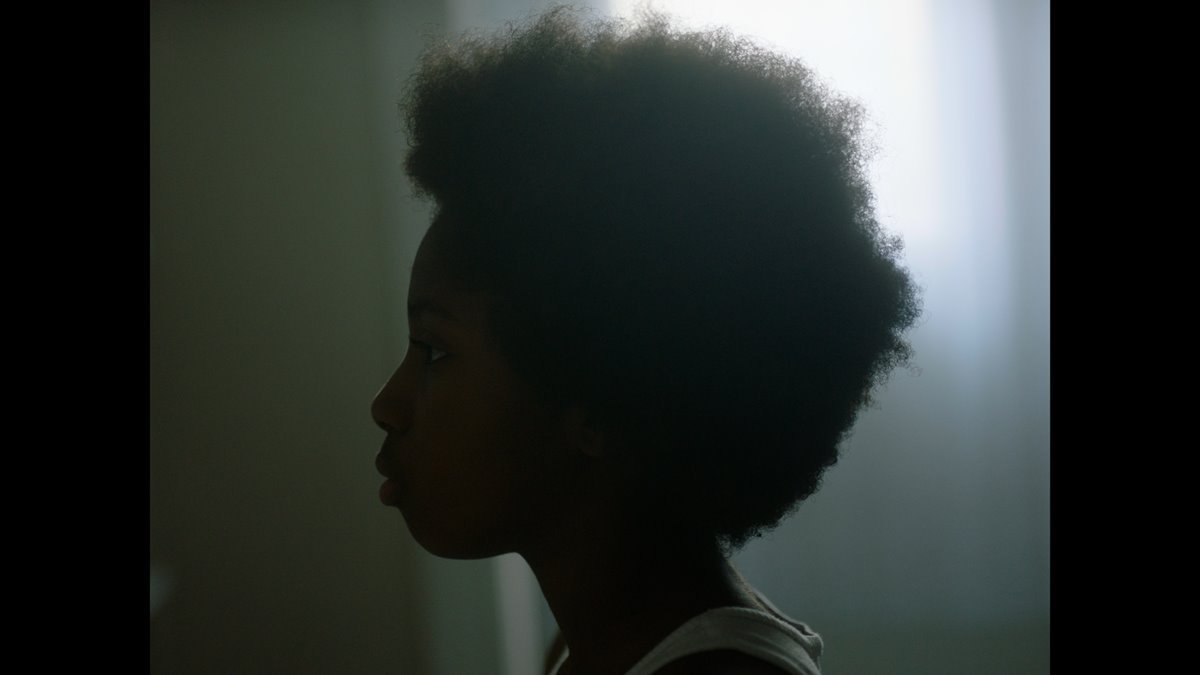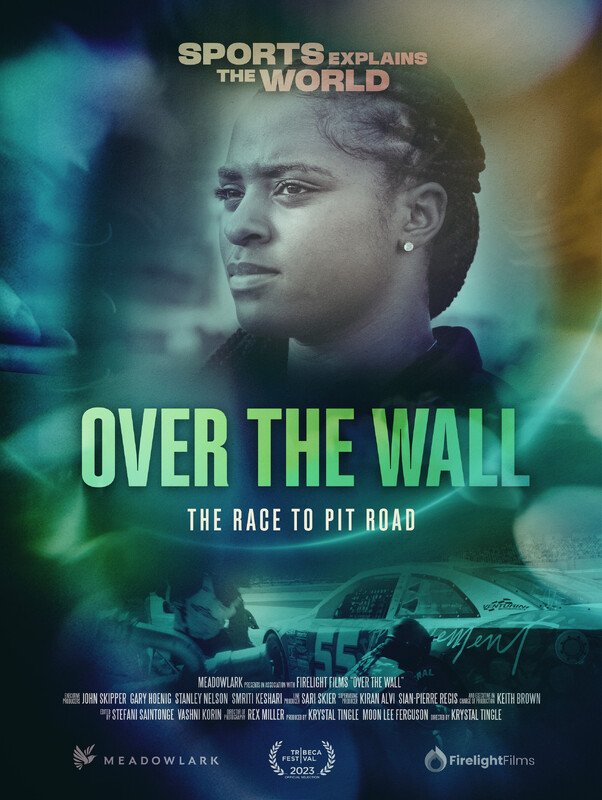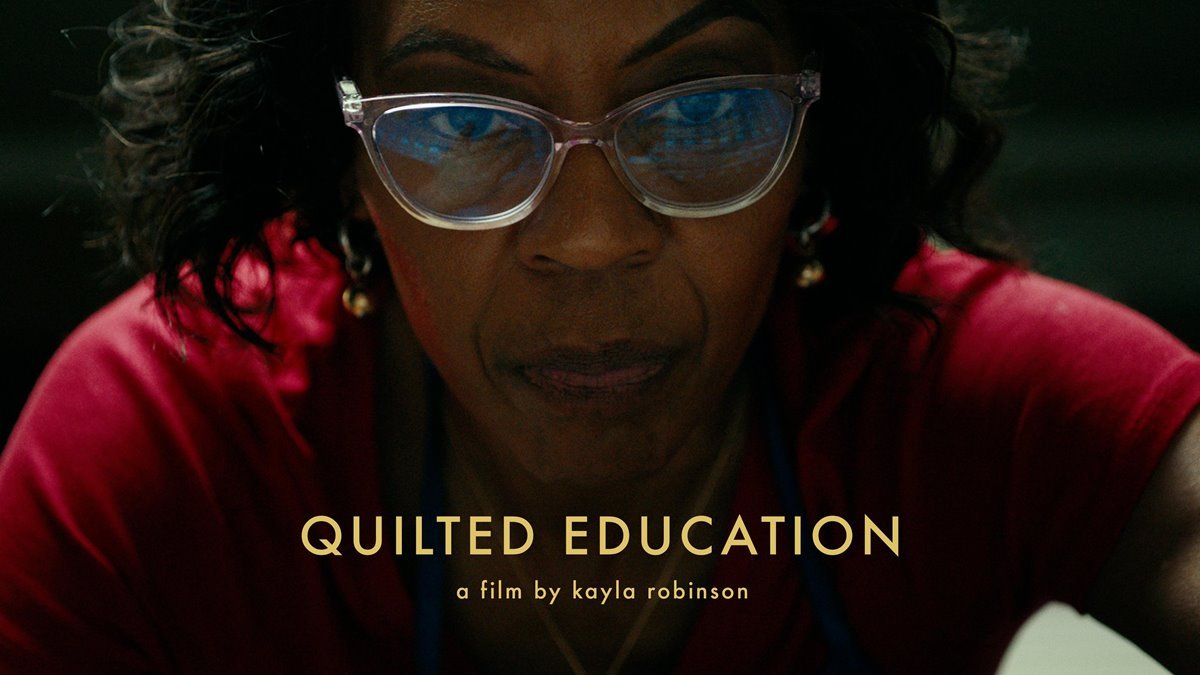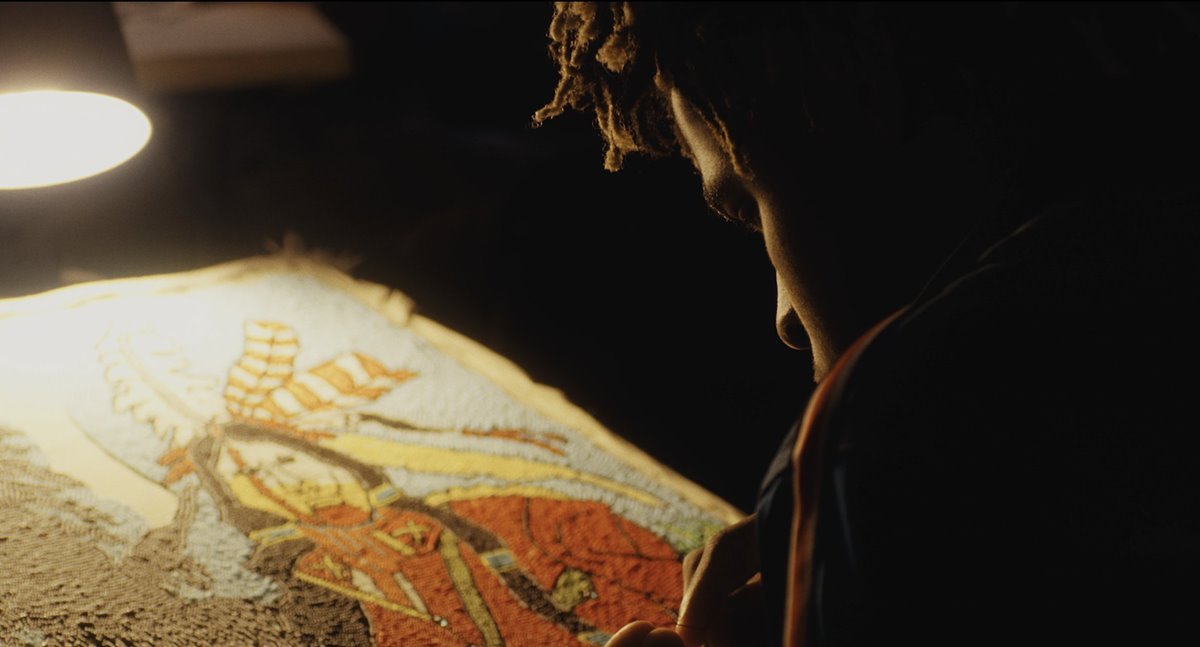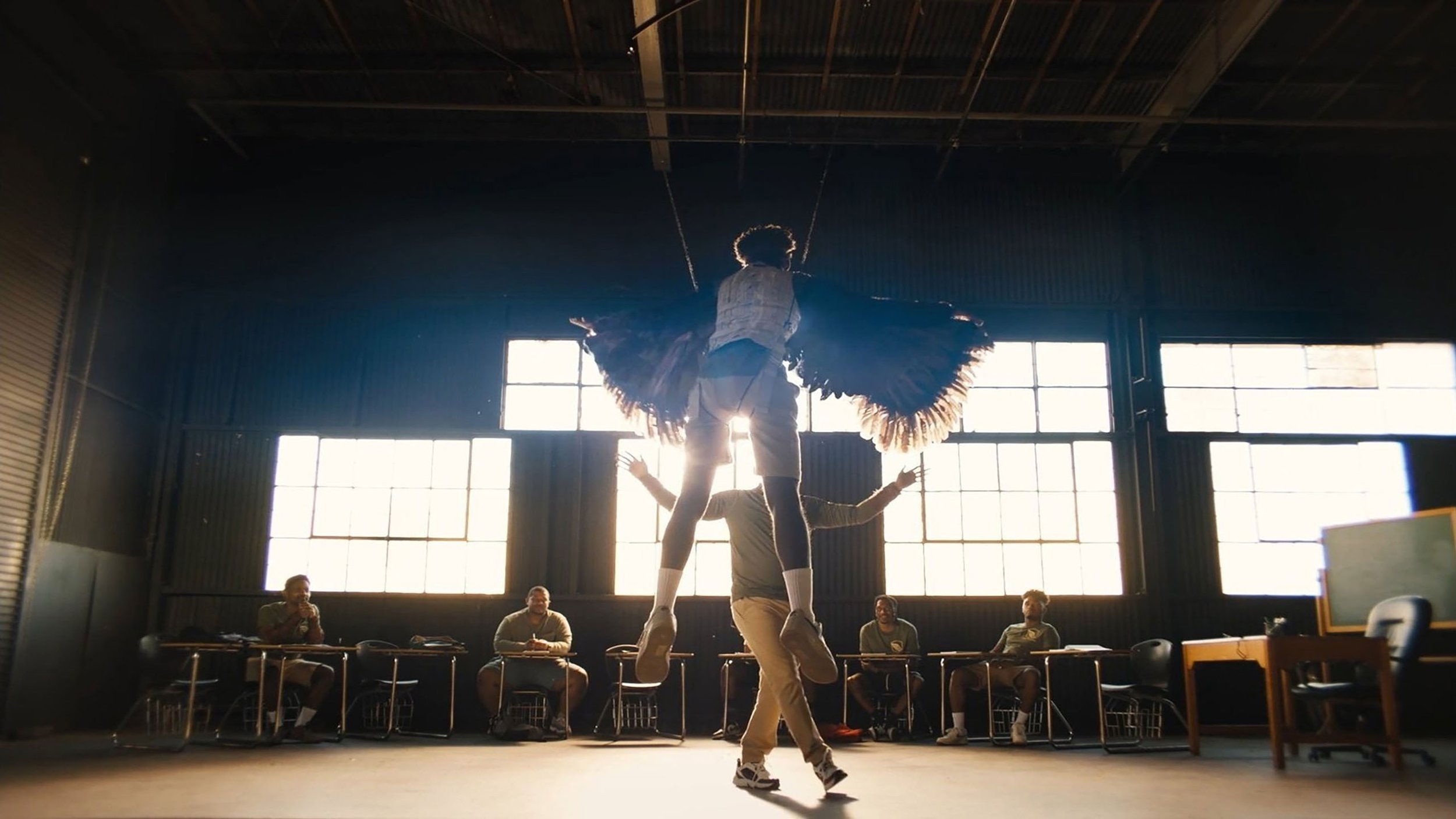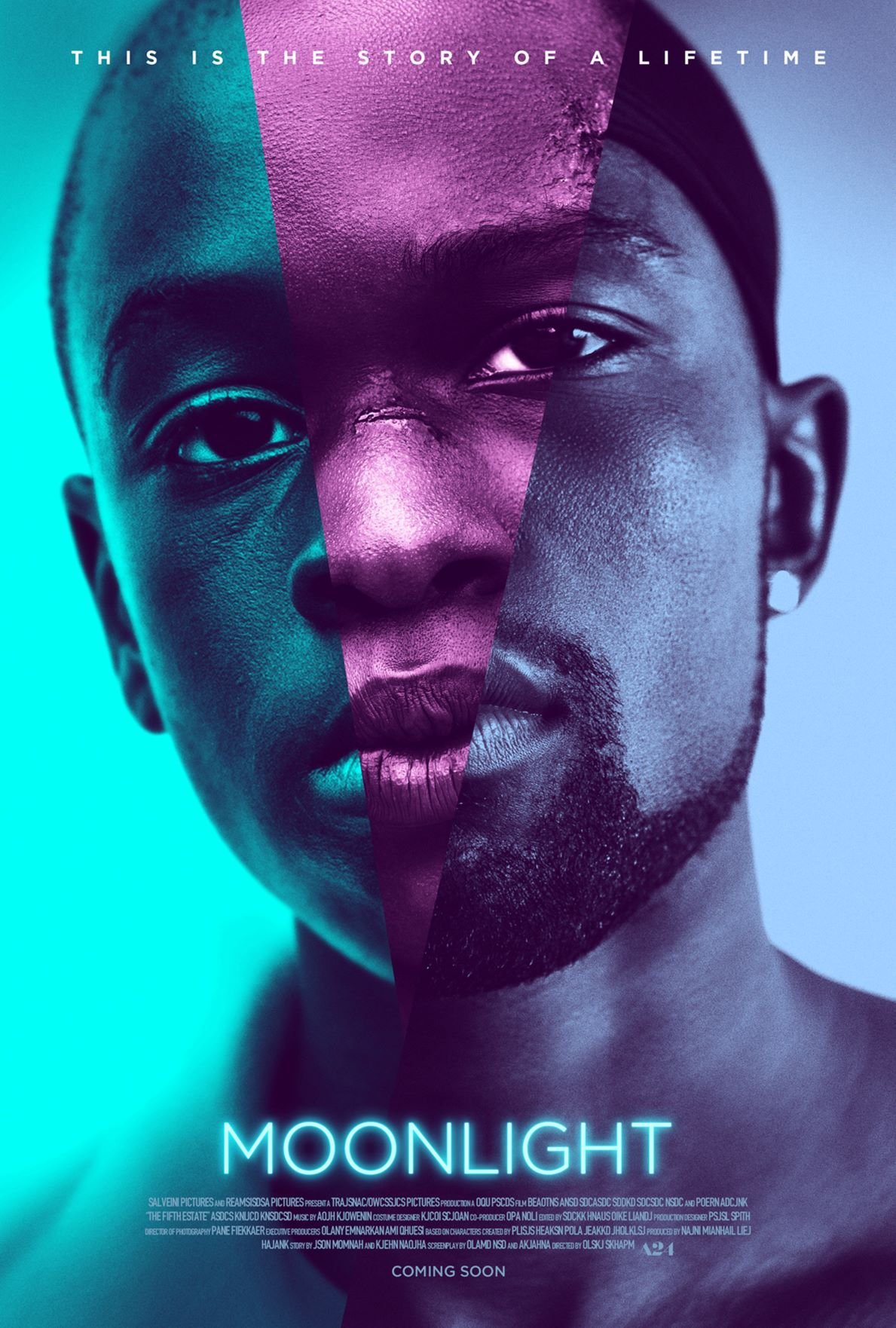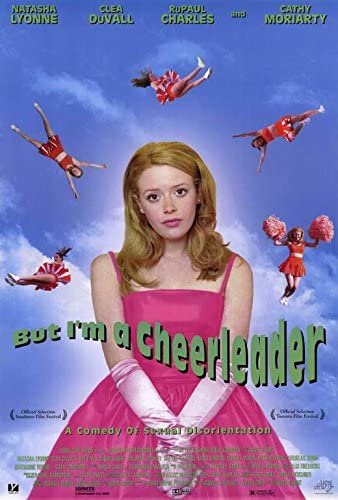VOICES OF THE BLACK PRESS: CARVD N STONE IS RETRIEVING THE MISSING PAGE FROM AFRICAN-AMERICAN HISTORY
/THE BLACK PRESS:SOLDIERS WITHOUT SWORDS DOCUMENTARY BY STANLEY NELSON JR.
For the past fifty years, the profound essence and immense impact of African American history have not only been commemorated but also internationally celebrated. Since the time we were youngins, and our biggest fear was not running fast enough to the swing set on the playground, Black History Month has become anticipated and boldly implemented in our lives. From school theatrical performances, song, documentaries, and curriculum, pivotal and courageous periods of African-American history have been passed down from generation to generation, making it the most heartbreaking yet inspiring chapters in our history books. The initiative to share, teach, and record monumental events carried out by today’s heroes is the foundation of the perseverance and consistency of Black History. However, what happens when the origin of those who wrote, spoke, and illustrated these incredible accounts is not recognized, let alone recorded?
FOUNDER & OWNER OF CARVD N STONE, NYESHA STONE
Last Wednesday, February 11th, 2026, multifaceted news outlet, Carvd N Stone, partnered with groundbreaking arts organization, Milwaukee Film, at The Oriental Theatre [2230 N Farwell Ave, Milwaukee, WI 53202] for a communal event that set the tone for the significance and priority of Black History Month celebrated in the city. As doors swung open at 6:30 pm, Voices of The Black Press, began with a free screening of an extraordinary documentary, “The Black Press: Soldiers Without Swords” followed by a live post-screening talkback with Black journalists and media, some of the most respected and unique faces in Milwaukee media. The purpose both Carvd N Stone and Milwaukee Film had in common when deciding to make this night open and free to the public was to pay homage to the past, while also emphasizing the celebratory and protective state the present and future hold for today’s black press and all who are the driving force behind the movement. For many in attendance, this was their striking introduction to the award-winning documentary created by Stanley Nelson Jr. An abundance of seats were unaware just how extensive and deeply rooted the contribution and history of media was by the bare hands of thousands of African-Americans. This caused much intrigue, questions, and motivation in the audience.
“At a time when journalism is evolving, and local newsrooms are shrinking, we must acknowledge the foundation Black press has laid and continue to support the voices carrying that work forward”
COMMUNITY MEMBERS WHO ATTENDED THE VOICES OF BLACK PRESS EVENT, COURTESY OF CARVD N STONE
Director and creator of “The Black Press: Soldiers Without Swords”, Stanley Nelson Jr’s mission was to create conversation; little did he know the impact and disbelief that would be stirring soon after it was released. This is the first documentary to chronicle the history of the Black press, including its central role in the construction of modern African American identity. It recounts the largely forgotten stories of generations of Black journalists who risked life and livelihood so African Americans could represent themselves in their own words and images. The eye-opening documentary highlights the critical role Black-owned newspapers and journalists have played in documenting history, advocating for justice, and amplifying voices often ignored by mainstream media. The power of the film exceeded the expectations both Carvd N Stone and Milwaukee Film set for the night; cultural storytelling and meaningful dialogue filled the air as soon as the lights came on as the documentary concluded.
NYESHA STONE WITH THE PANELISTS OF THE VOICES OF THE BLACK PRESS EVENT
Six of Milwaukee’s most intellectual, outspoken, and well-respected faces in the city’s media graced the stage to begin a night of informative yet intentional conversation. The panelists apart of the live post-talkback of “The Black Press: Soldiers Without Swords” included:
Former TMJ4 Anchor, Shannon Sims, President of NABJ Milwaukee, Tannette Elie, Owner of Full Circle Enterprises, Kayla Lewis-Allen, Senior Digital Producer at RadioMilwaukee, Kim Shine, Co-host of Jammin’ With Juice, Carrie Mahone, and Host of Black Nouveau on Milwaukee PBS, and Media & PR Strategist at Northwest Mutual, Earl Arms
One of the most important conversations that was discussed was the overall differences and similarities in why Black journalists and media came into existence, and our stance now. Back in 1976, black newspapers and media outlets were developed because they felt invisible. The births of children, deaths of family patriarchs and matriarchs, graduations, booming businesses, and any other significant event that would spark conversation in the black community were never included in written publications such as town newspapers for them to read. Creating the black press was needed as the gateway to being seen as a human being whose life was just as important as anyone else’s. Many of the panelists shared how writing was something they fell in love with and wanted to do due to the internal mirror of creativity and the gift of words that were instilled in each of them. As the audience asked questions, it dawned on everyone that there is still a need for black journalists and media to not only exist but push our pens even harder so that the identification, history, and future of African-Americans progress and always move forward.
FOUNDER OF COPYWRITE MAGAZINE, LEXI BRUNSON AND PROGRAMMING MANAGER OF COPYWRITE MAGAZINE AND ARTIST, VEDALE HILL ATTENDING THE VOICES OF THE BLACK PRESS EVENT
It was made very clear at the end of the night that black journalists and faces in Milwaukee’s media industry have more power than we know, but also a greater mission that is rarely spoken about. Our pens hold both the weight of the present and future, but also of the past. From articles, interviews, and words displayed with a journalistic and artistic touch are not just stories but strengthen the distribution of Black History and everyone who has laid the framework for us today. Want to experience and learn more about Black History and its roots within journalism and Milwaukee media? Go watch Stanley Nelson Jr’s documentary, “The Black Press: Soldiers Without Swords” on Amazon Prime Video or PBS today! Comment down below what you think the correlation is between having an identity and writing about your experiences. Most importantly, go show love to both organizations that put this wonderful event together, @carvdnstone and @milwaukeefil,m on all social media platforms.
/CW Entertainment & Social Journalist, Desriana Gilbert



